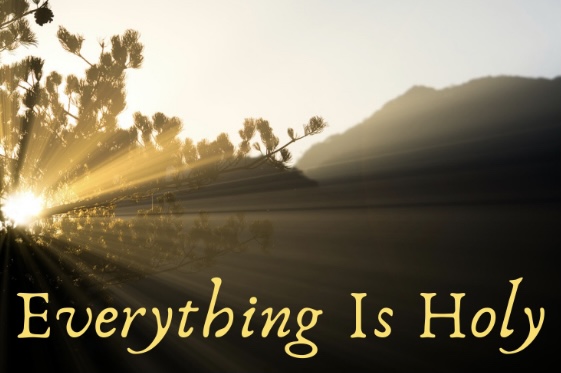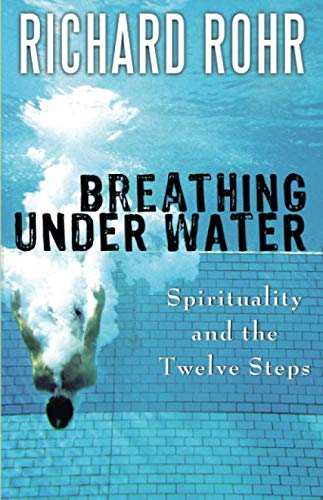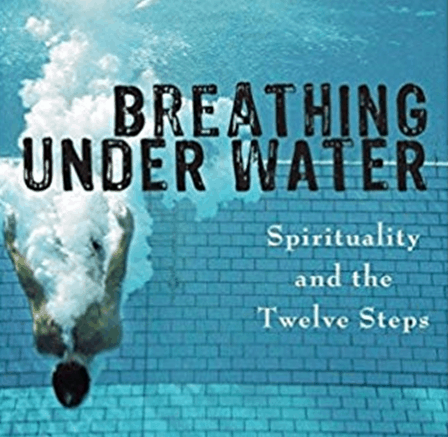Weekly Bible Devotional
“Everything Is Holy: Our Loneliness”
May 9, 2021
Scripture for Sunday: Matthew 27:45-56
45 From noon on, darkness came over the whole land[p] until three in the afternoon. 46 And about three o’clock Jesus cried with a loud voice, “Eli, Eli, lema sabachthani?” that is, “My God, my God, why have you forsaken me?” 47 When some of the bystanders heard it, they said, “This man is calling for Elijah.” 48 At once one of them ran and got a sponge, filled it with sour wine, put it on a stick, and gave it to him to drink. 49 But the others said, “Wait, let us see whether Elijah will come to save him.”[q] 50 Then Jesus cried again with a loud voice and breathed his last.
Notes on the Text:
Prior to his crucifixion, Jesus had a sizeable following of people. For most of his ministry, it was hard for him to get away for times of prayer alone. The crowds were always pressing in on him. Even when the crowds were gone, Jesus had his close circle of disciples and friends with him. But that all changed when he was crucified. Only a handful of disciples (mostly women) and his mother stayed with him. In the hardest periods of his pain, Jesus was overheard reciting the words of Psalm 22:1a “My God, my God, why have you forsaken me?” which expressed his deep agony and the feeling that he was forsaken by God.
I think it is remarkable that the Gospel records the words of Jesus about feeling forsaken and thus giving us an example of the depth of human suffering. The Gospels did not try to sugarcoat the suffering and the feelings of isolation that come with it. Jesus gave us a powerful affirmation for our suffering and loneliness. He also gave us an example of turning to prayer in such times of deep suffering. The words he uttered were the words of a psalm. The book of Psalms is often referred to as “the prayer book” of the Bible. This was a prayer that had been uttered by Jesus and his people many times before. They knew about those feelings of deep pain, but they also knew about the importance of being honest in prayer. Praise and lament were not seen as opposites but as two sides of the same coin. Many of the psalms contain both praise and lament in the same poem. The Bible is full of stories of suffering and isolation where the path to healing is through honest prayers. People who dare to open their hearts and to share their deep sense of brokenness are the ones who also open their lives to great healing and hope. On the cross, Jesus was vulnerable before God through an honest prayer of lament. His words resonated with those who heard them. They resonated enough that a generation or two later, these words were recorded in the Gospels. Instead of glossing over the emotional and physical agony of the cross, we are plunged deep into it to see that even Jesus faced the very human feelings of being forsaken. In that way, prayer is not about getting what we want from the divine. It is instead about surrendering ourselves with all of our struggles and joys to divine love. That is how our loneliness and suffering become sacred. When we are willing to pray honest and raw prayers naming our fears, hurts, and losses, and lamenting them, then we can allow grace to enter into them.
New Testament scholar N.T. Wright writes this: “The point of lament, woven thus into the fabric of the biblical tradition, is not just that it’s an outlet for our frustration, sorrow, loneliness… The mystery of the biblical story is that God also laments.”
For Reflection:
Jesus’ experience of suffering parallels so many of our own experiences. One of the hardest parts of suffering is that it disconnects us from lifegiving relationships. We feel isolated by our physical or emotional pain. Prayer helps us to reconnect, especially when the prayers are honest and come from deep within us.
The pain of the pandemic has been at times so overwhelming for us. The loneliness of social isolation, the fear that is gripping us still, the loss of life, resources, and health are among the many things we have experienced. There is not going to be a magic switch we can flip to help us feel safe about going back to in-person worship and other social activities. Our invitation is to name our pain or our fear honestly before God. That is how we are able to see the holy even in our sense of loneliness.
Presbyterian writer Ann Weems lost her 21-year-old son in tragic circumstances. She was devastated. “The stars fell from the sky,” she writes. One of her friends who was a Bible scholar suggested that she write her own psalms of lament. They are poetic prayers full of pain and honest questions. But they are also prayers of faith and so she did. Here is a glimpse of what she wrote, “O God, what am I going to do? He’s gone, and I’m left. With an empty pit in my life… How could You have allowed this to happen? I thought You protected Your own! You are the power. Why didn’t you use it? You are the glory. But there was no glory in his death. You are justice and mercy. Yet there was no justice, no mercy for him…In the godforsaken, obscene quicksand of life, there is a deafening alleluia rising from the souls of those who weep, and of those who weep with those who weep. If you watch, you will see the hand of God putting the stars back in their skies one by one.”
Lament Psalm Twenty-two
by Ann Weems
I don’t know where to look for you, O God!
I’ve called and I’ve called.
I’ve looked and I’ve looked.
I go back to my room
and sit in the dark
waiting for you.
Could you give me a sign
that you’ve heard?
Could you numb my emotions
so I wouldn’t hurt so much?
I walk in circles.
I rock in my chair.
I pour a glass of water.
I look out the window.
I walk to the kitchen.
I open the refrigerator;
there’s nothing I want.
I close it again.
I turn on the TV.
The voices are too loud;
the faces are too loud.
I mute the voices;
I turn off the faces.
The silence is my friend;
The silence is my enemy.
I go upstairs.
I lie on the bed.
I get up again.
I walk to the window.
No sign of you!
I’m dying, O God, without you.
O God of wonder,
you can change it all.
You can distract me
from thoughts of death.
You can fill my days with purpose.
You can make the nights shorter.
You can let me find you.
Don’t hide from me any longer, O God.
O God,
you reveal yourself to those
who call upon your name.
Blessed be my God
who does not fail me! Amen.



